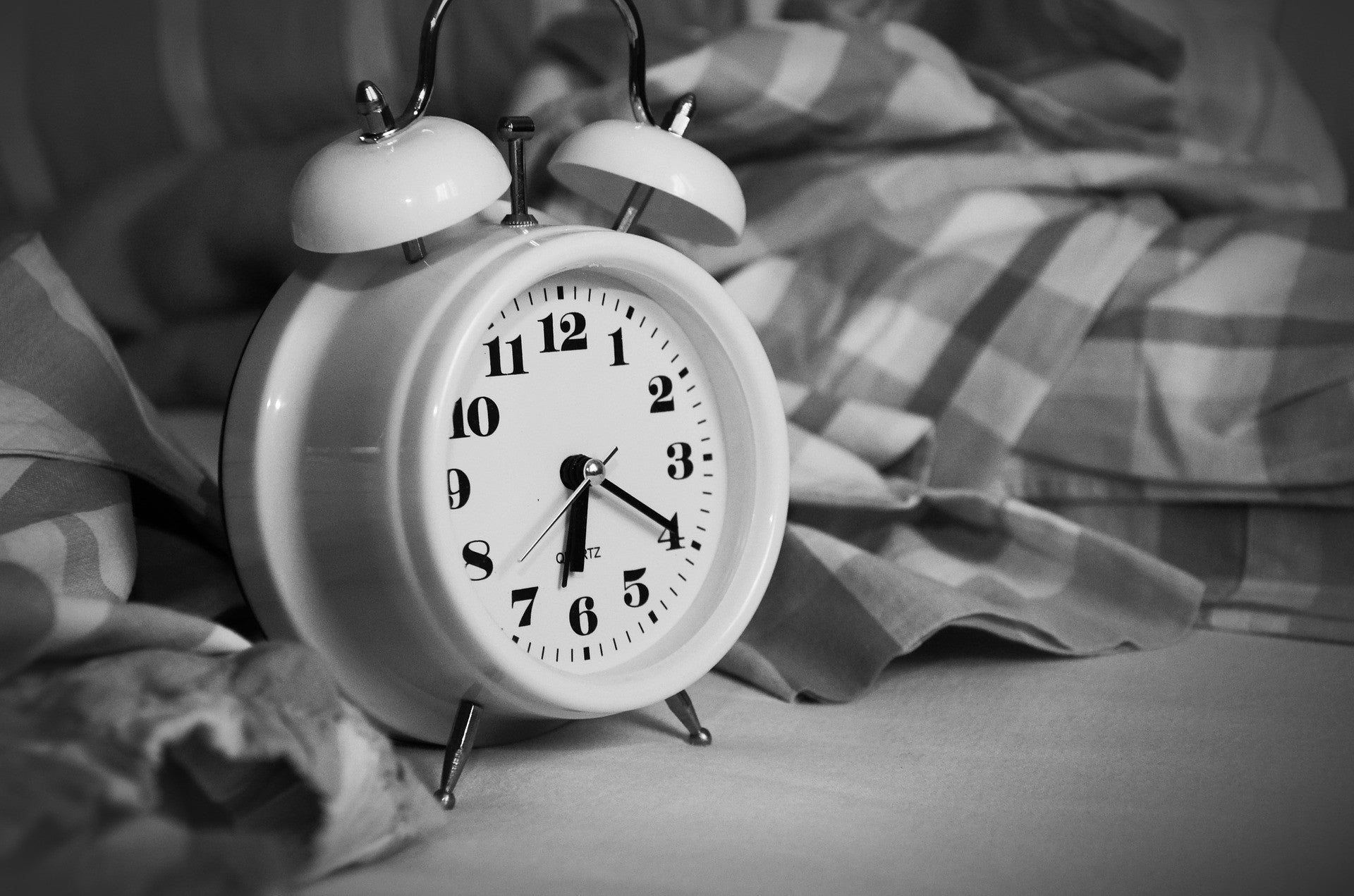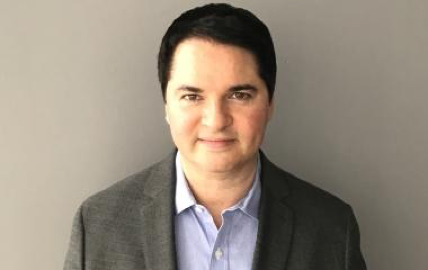The Real Reasons Why We Sacrifice an Hour of Sleep for Daylight Saving Time
Why do we adjust our clocks twice a year? What is the history of Daylight Saving Time? And what are the practical implications of DST? Here are a few facts about Daylight Saving Time that you might not have known.

This coming Saturday night/Sunday morning we'll bump our clocks an hour ahead in order to participate in the bi-annual practice of Daylight Saving Time, or "DST." Most of us don't really consider why we're "spring-ing forward" -- or "fall-ing back" -- and just blindly suffer through a 23-hour day in early March, sacrificing one full hour of sleep in the process.
But why do we adjust our clocks twice a year? What is the history of Daylight Saving Time? And what are the practical implications of DST? Here are a few facts about Daylight Saving Time that you might not have known.
- Daylight Saving Time was originally implemented to reduce electricity consumption by extending daylight hours.
- DST actually started with an idea from Ben Franklin. Franklin wrote an essay in 1784, "An Economical Project for Diminishing the Cost of Light” to the editor of The Journal of Paris, suggesting that people might use fewer candles if they got up early and made better use of the daylight hours.
- After the concept was introduced by Franklin, the idea was eventually implemented in the U.S. in 1918.
- In 2007, the date of DST was moved to the first week in November to protect trick or treaters by giving them an extra hour of daylight. It was also believed that this would lead to better voter turnout during election years.
- According to a 2016 study in Finland, the overall rate for stroke was 8% higher in the two days after DST.
- Over 70 countries throughout the world observe DST, with China and Japan being notable exceptions.
- Not all states in the U.S. observe DST. Most of Arizona and all of Hawaii do not change their clocks.
(H/T: CNN)

